Should we care
Don’t fire your derogatory missiles just yet. Dirty word, I know, but hold your horses for a minute. It is found in photography, music playing, filmmaking, painting.. it’s everywhere. Our perception of these art forms wouldn’t be the same without it. It’s artists’ signature. In just about all forms of art, distortion is deliberate. How about audio, is distortion desirable in it?
Wiki Definition of Audio Distortion
Here is how wiki defines distortion in audio:
“Distortion refers to any kind of deformation of an output waveform compared to its input, usually clipping, harmonic distortion, or intermodulation distortion (mixing phenomena) caused by non-linear behavior of electronic components and power supply limitations.”
(https://en.wikipedia.org/wiki/Distortion)
Halcro’s Take
Here is an excerpt about harmonic distortion from one of our old brochures. It describes levels of distortion in our legacy amplifiers:
“Total Harmonic Distortion is now less then 500 parts per million at full power (20kHz). This is close to perfection as the laws of physics will allow. It is also a fact of physics that distortion is responsible for creating ghost notes. For example, when two notes are played simultaneously, say E in one octave and C in the octave above, the distortion of an amplifier will create a third note: G, in the octave below that of E. Within harmonically complex music, distortion clutters the signal with exaggerated harsh and confusing sounds. Halcro’s circuitry has been designed to eliminate these intrinsic non-linear effects.”
Juicy Stuff Begins
There are many more types of distortion beside harmonic, but do we really wish to talk about them, repeat their definitions for the millionth time or do we want to get into the real heart of it?
Whenever distortion is used in the same sentence with reproduction of music, all hell suddenly breaks loose. Disparaging guns start blazing from all sides, utter hysteria and gasping panic ensue together with gladiators, lions, jackals, dingos, audiophiles and engineers. Not a pretty sight and a far cry from respectful discourse. A bunch on the left is screaming “who cares about distortion” while others, on the right, just as zealous, are pulling out their white papers filled with proof to the contrary. The rest, reasonable folk in the middle, are watching and shaking their heads in bewilderment. At this point, the reasonable and open-minded disconnect from mayhem before them and ask a question – shouldn’t this be about music?
What is it all about
Of course, it’s about music. A better question perhaps is who is right and who is wrong. I think everybody’s right. Forget about extremes, far left or far right, let’s focus on the middle, on all too important moderates.
What are we in the middle really made of. How do we deal with suggestions made by ignorant and frivolous.
Audiophile In The Making
A few decades back, four to be exact, when I was in my early teens, I almost daily listened to my best friend’s playing on his guitar. He began studying the instrument very early and by his early teens, he was a master. Talent inherited from his mother, who flawlessly played accordion. It was the time of my life.. As most live events ordinarily are.
We also listened to a lot of music, my friend and I. Old beat up turntables were spun daily and a few long years later, we both “upgraded” to Systemdeks and Musical Fidelity A1 amps. Remember those? My speaker of choice was Linn Kan, while my buddy built his own monstrosities. He didn’t have a clue about speaker design and I did’t think he cared. Many musicians aren’t audiophiles and he surely wasn’t. While I loved music, I also loved sound. My buddy, conversely, just loved music. He cared none about technology delivering it, much less about transparency, soundstage width, depth, bass extension etc.. It always made me wonder if music spoke to him differently then it spoke to me.
So, what makes us audiophiles crawl into music and dissect it into sounds, nuances of it, measure the depth and width of soundstage, loose ability to enjoy it when played in the background. Or, why is it that what we perceive as a better recording, gets us more excited then the one with same music but of poorer quality. Is music not an end for us audiophiles, no matter how much we love it. And most of us audiophiles do love music. We are a weird bunch. We luxuriate in this stuff. It’s hypnotic.
Mind you, all this refers to recorded music. We never seem to have the same stance toward live music venues. Halls surely have a functional purpose. Small or large, they completely squash the audiophile in us, perhaps for their intended absorptive, defusing and huge “sweat spot” area.
Recording is reproduction
Like many musicians, many recording engineers aren’t audiophiles either. Human nature, level of self-discipline and length of individual experience are some of the factors how many buttons will be touched or knobs turned by a recording engineer during a session in a studio. Most gum things up. A button is there, why not use it. Turn that sucker up, make things larger then they really are. While at it, make it louder too. Bitter reality is that, as consumers, this is beyond our control or influence.
Individual tastes dictate many definitions of perfection. There is no such thing, as there is a weak link in every chain. Some recordings are downright diddly, some impress us in comparison, but there’s always going to be something missing in any of them. However, we must ask ourselves if distortion of the recording is useful, a necessary course of action. What if works well? My guess is that there are as many answers to this question as there are individual tastes.
Measurements
How about distortion measurements, would they close this argument – opinionated (read: audiophiles) would ask. They would, if they could govern an individual preference. Hang on a second, they would say – anything can be measured, provided enough testing. A huge assumption at best, if you ask me, based largely on propensity of those involved in such tests.
Relevant engineers, very much like audiophiles, like to listen – to themselves and they hardly ever hear each other. Some of us audiophiles position ourselves against science and the very engineers that make the home music reproduction possible in the first place. Why? Because we disagree with them, perhaps. Ask yourself, what would you do without engineers. For me, I’d be floating through space, mentally, with my body standing in front of my ESL panel, looking fixedly at now empty frame, into which a diaphragm was once mounted, had the DuPont Films invention been suddenly unmade. Beyond upsetting..
Who cares
No doubt, a lot of our distortion related discourse (and perhaps all discourse) stems form our inclination to consider ourselves to be right. Our preferences are correct and we’re pushy about it. The fact is, we all have our own definitions of transparency, neutrality, fidelity, accuracy, you name it. Our own versions, if you will. And who’s to tell us that we are wrong? If music gets you off your rear end and makes you bust a move, please tell me – why you should give a damn.
No form exists without having its own character. You have your own way of connecting with the music you love. Don’t justify it.
Dragan

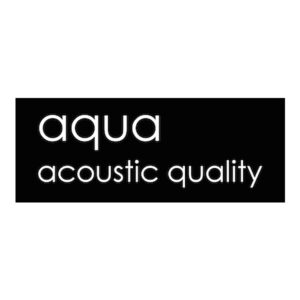
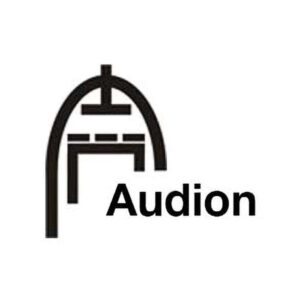
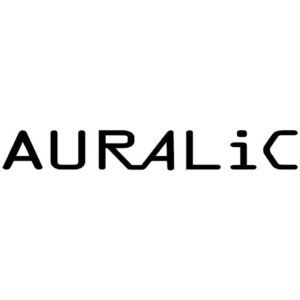
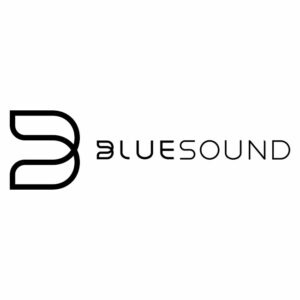

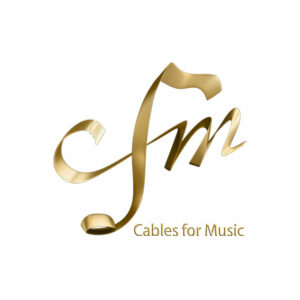


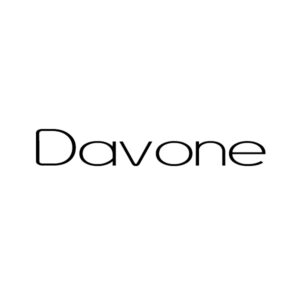





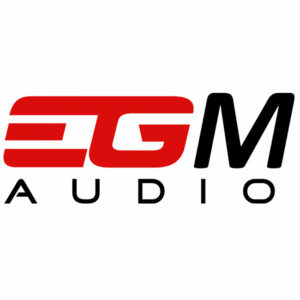

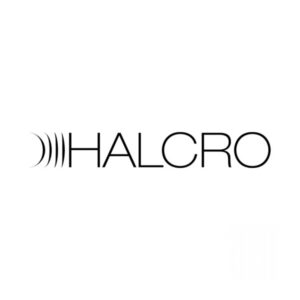




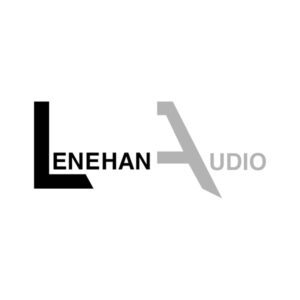



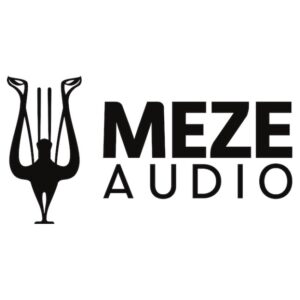
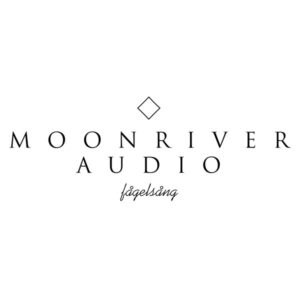
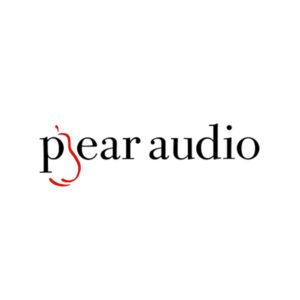

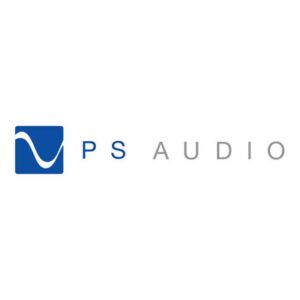








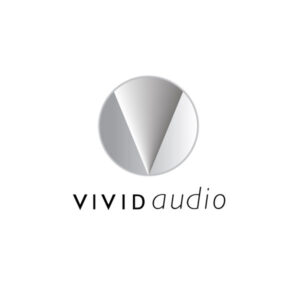

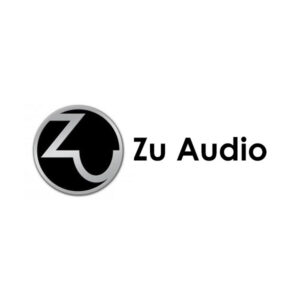
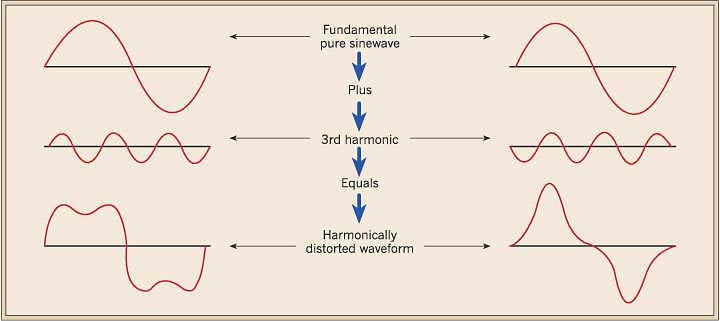
Come and hear it for yourself! The combination of ultra-low distortion Electrostatics and the lowest distortion amplifiers in the world is unlike anything you have heard before… Just.. WOW!